6 Shadow Traits That Might Be Secretly Running Your Life (And What They Really Mean)
Jun 06, 2025
For years, I judged myself harshly for people-pleasing.
In the moment, I wouldn’t even notice I was doing it. But afterwards? I’d spiral. I’d feel anxious, second-guess everything I said, and beat myself up for not having stronger boundaries.
Why did I say yes when I meant no?
Why couldn’t I just speak up or disagree?
Why do I always do this?
I thought something was wrong with me.
But over time, I began to see it differently.
People-pleasing wasn’t a flaw — it was a shadow trait.
And like all shadow traits, it wasn’t trying to sabotage me.
It was trying to protect me.
What Are Shadow Traits?
Your shadow traits are the parts of yourself you’ve pushed away — usually because, at some point in your life, you were told (directly or indirectly) that they weren’t acceptable.
They might feel “bad,” “too much,” “not enough,” or just… uncomfortable.
But here’s the truth:
Shadow traits aren’t bad. They’re messengers.
They often show up through:
- Emotional triggers (like overreacting to someone else’s behavior)
- Self-judgment (like harsh inner criticism)
- Unconscious projection (like blaming others for what we can’t admit in ourselves)
Once you learn to recognize them, they reveal powerful truths about your inner world.
✨ Want a gentler introduction to this concept? Read: What Is the Shadow? (And Why You’re Not Broken)
Why We Develop Shadow Traits
We don’t develop shadow traits because we’re flawed.
We develop them because we’re human.
As children, we naturally want to belong.
We want to be loved, safe, and accepted.
So when we’re told things like:
- “Stop crying — you’re too sensitive.”
- “Be a good girl and don’t argue.”
- “Don’t act so full of yourself.”
…we begin to suppress certain parts of ourselves to feel safe. We adapt.
These patterns become inner child coping mechanisms — survival strategies we developed to feel safe. But over time, what once protected us can start to feel heavy and get in our way. And that’s where shadow work begins — with compassion and curiosity.
✨ New to shadow work? You might also like: How to Start Shadow Work (Even If You Feel Overwhelmed)
6 Common Shadow Traits (and What They Might Be Telling You)
Let’s explore six common shadow traits you might recognize — and what they’re actually trying to say:
1. People-Pleasing
➤ Shadow Message: “If I meet everyone’s needs, I’ll be safe.”
➤ Reframe: Your longing to be loved and accepted is deeply human — but your needs and boundaries matter, too.
People-pleasing often forms when we learn that our worth is tied to keeping others happy.
Example: You say yes to helping a friend move even though you’re exhausted. Later, you feel drained and resentful — but blame yourself for not speaking up.
Shadow work invites you to ask:
What part of me feels unsafe saying no? What am I afraid might happen if I disappoint someone?
2. Jealousy
➤ Shadow Messages:
- “There’s not enough for me.”
- “If they have it, there’s less for me.”
- “I’m not allowed to want what they have.”
➤ Reframe: Jealousy isn’t bad — it’s often a sign of a desire you’ve exiled or denied.
We’re taught to feel ashamed of jealousy, but it’s often a powerful clue about what we truly want.
Example: You feel jealous of someone who landed their dream job. Instead of spiraling into self-comparison, you pause and ask:
What do I wish I were giving myself permission to pursue?
3. Perfectionism
➤ Shadow Message: “If I get it all right, I’ll finally be enough.”
➤ Reframe: Your worth is not dependent on performance. You are enough — even when you rest or fall short.
Perfectionism is often a protector against shame or criticism. But it can leave you exhausted and disconnected from your real self.
Example: You overthink every word in a message or post. What you’re really afraid of is being misunderstood, judged, or rejected.
4. Anger
➤ Shadow Message: “I can’t express this — it’s dangerous or wrong.”
➤ Reframe: Anger is not bad. It’s often protective, clarifying, and a signal that something needs your attention.
If you were taught that anger was unacceptable, you may have learned to suppress it — and judge it when it arises.
Example: A friend interrupts you, and you feel a flash of anger — then guilt. But instead of pushing it down, shadow work helps you ask:
What part of me feels unseen or disrespected right now?
5. Procrastination
➤ Shadow Message: “If I avoid this, I can’t fail.”
➤ Reframe: Procrastination is not laziness — it’s often a sign of fear or emotional overload, which can be gently unpacked with curiosity and care.
It can protect us from feelings of unworthiness, rejection, or fear of not doing it “perfectly.”
Example: You keep putting off applying for a new job. Instead of shaming yourself, shadow work encourages you to ask:
What feels vulnerable about being seen? What do I believe will happen if I try and don’t succeed?
6. Control
➤ Shadow Message: “If I’m in control, I won’t get hurt.”
➤ Reframe: Control often comes from a longing for safety — not from being “too much.”
If your past involved unpredictability or chaos, control can become a coping mechanism. Shadow work invites you to build internal safety — so you don’t need to hold everything so tightly.
Example: Plans change last minute and you feel anxious or upset. Instead of labeling yourself “rigid,” ask:
What part of me needs stability to feel safe?
How to Heal and Reclaim Shadow Traits
If one or more of these traits resonates with you, take a deep breath.
There’s nothing wrong with you. You’re human. And you’re already on the path of healing.
Here are a few ways to begin:
- Start with curiosity.
Ask: When did I learn this trait? What part of me is it protecting?
- Practice self-compassion.
Place your hand on your heart and say:
“There’s nothing wrong with me. I’m learning to understand myself more deeply.”
- Go gently.
This isn’t about fixing. It’s about listening — and beginning to meet yourself with love. If shadow work feels intimidating, this post can help you explore it without fear: Is Shadow Work Scary? What You Really Need to Know
Why Shadow Traits Don’t Mean You’re Broken
Your shadow traits aren’t flaws — they’re invitations.
They ask you to slow down. To look inward. To hold the parts of yourself that were once silenced or shamed.
The more you bring these parts into the light, the less power they have over you — and the more free, grounded, and whole you begin to feel.
Want gentle support as you begin?
✨ Download my free Shadow Work Starter Workbook at the bottom of this post.
It’s filled with journal prompts and grounding reflections to help you explore your shadow safely — and reconnect with your truth.
With care,
Marika 💛
Begin your journey here 👉 Visit my homepage or programs to explore coaching and free tools.

